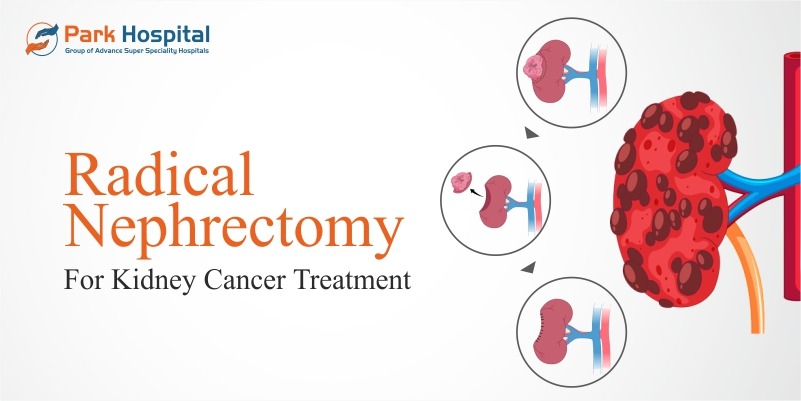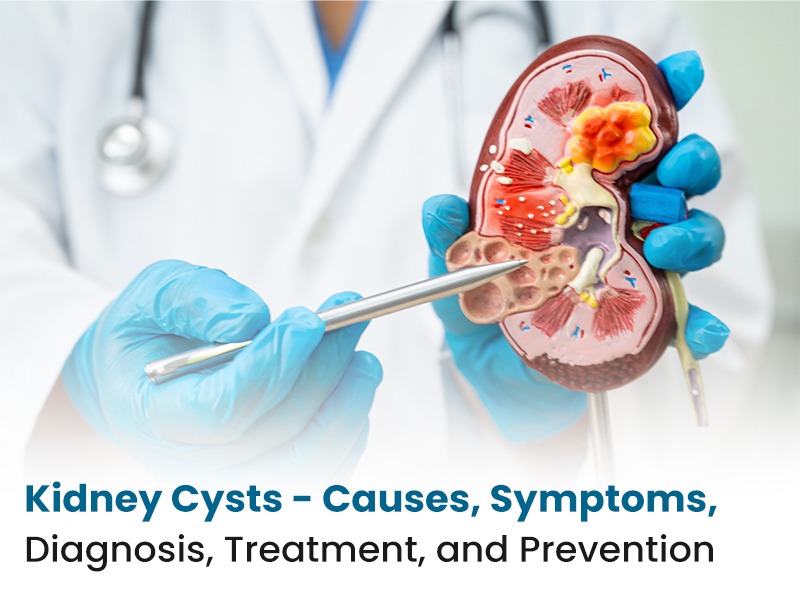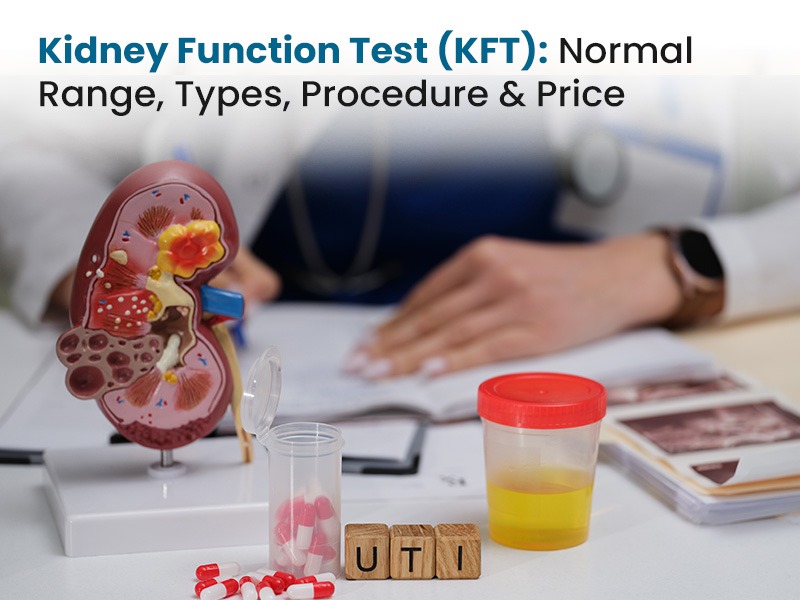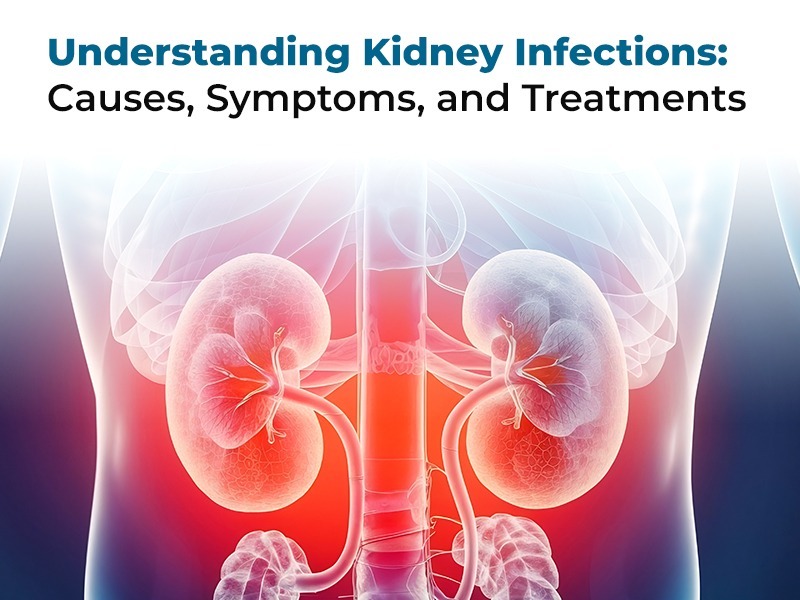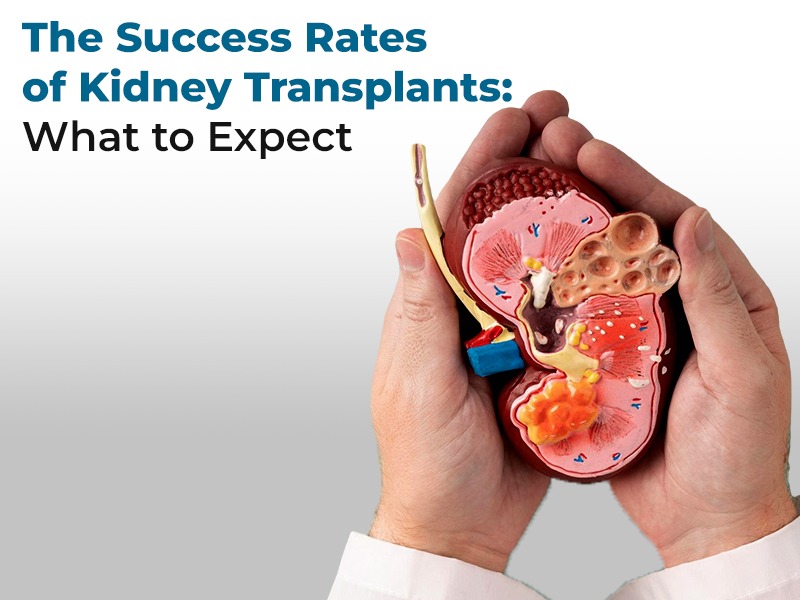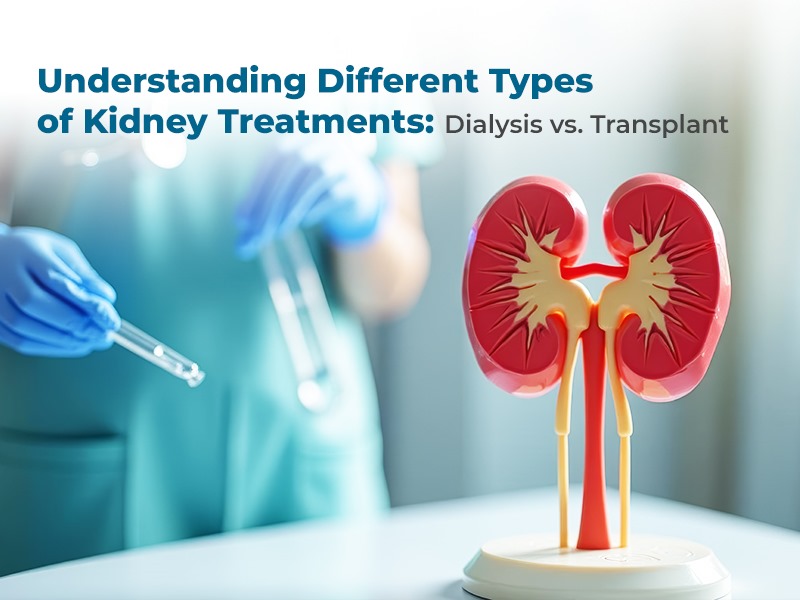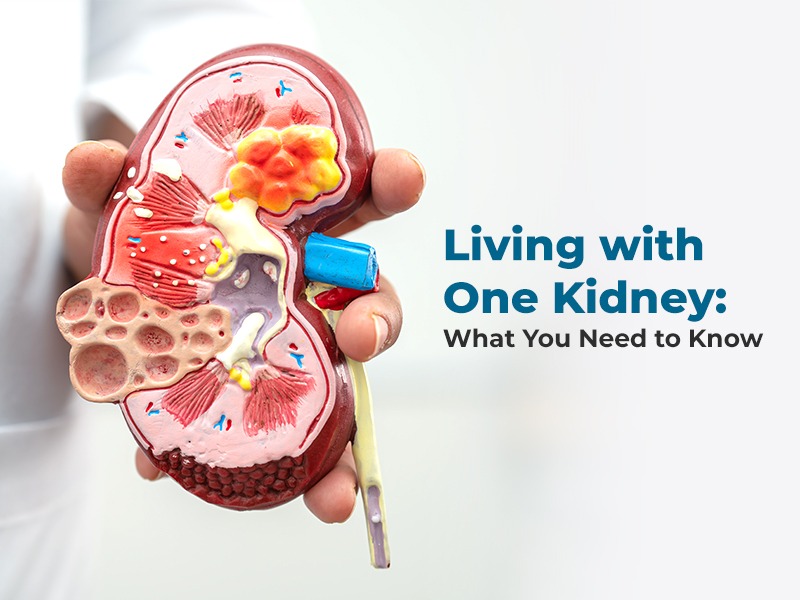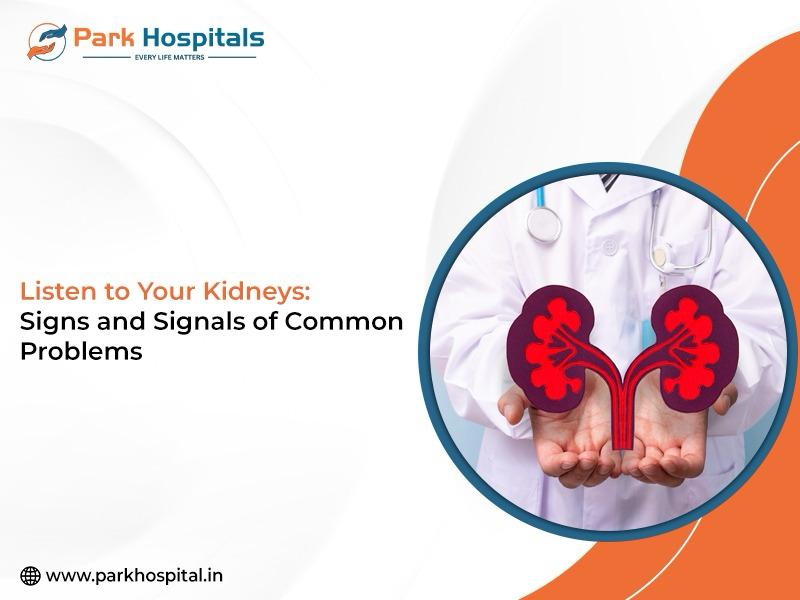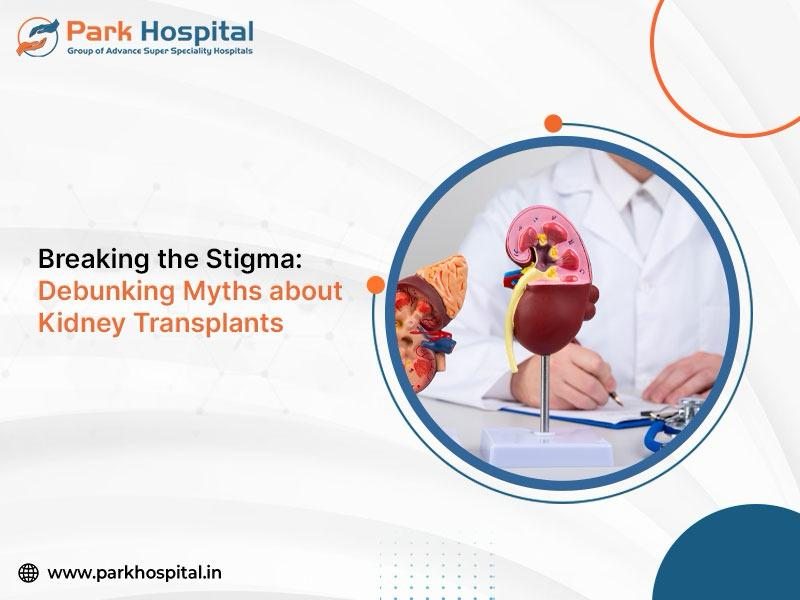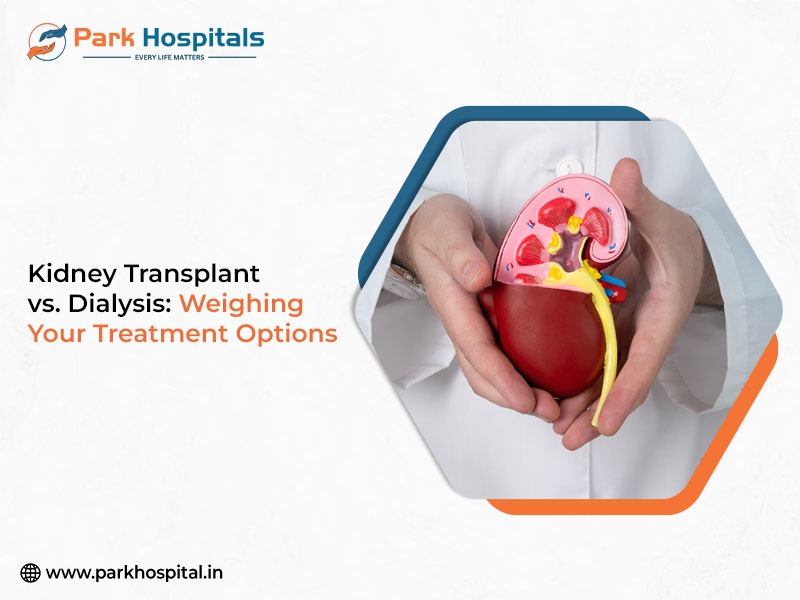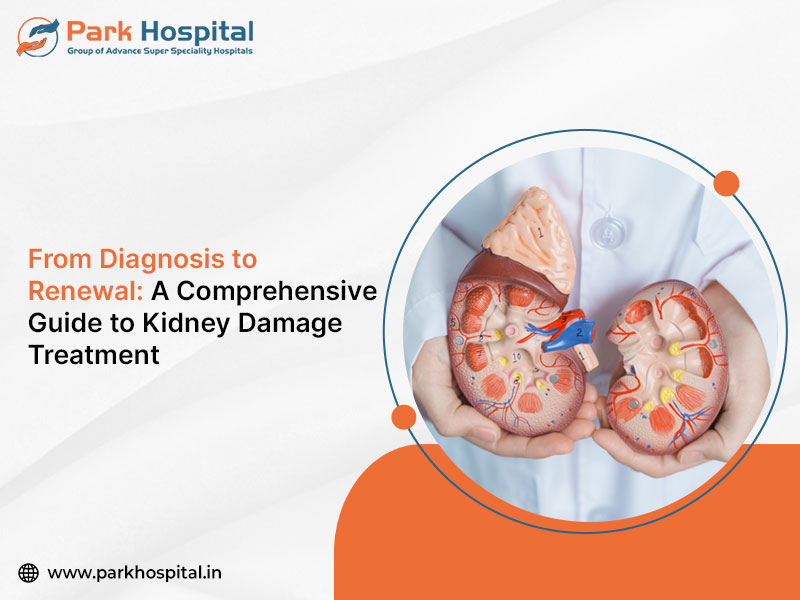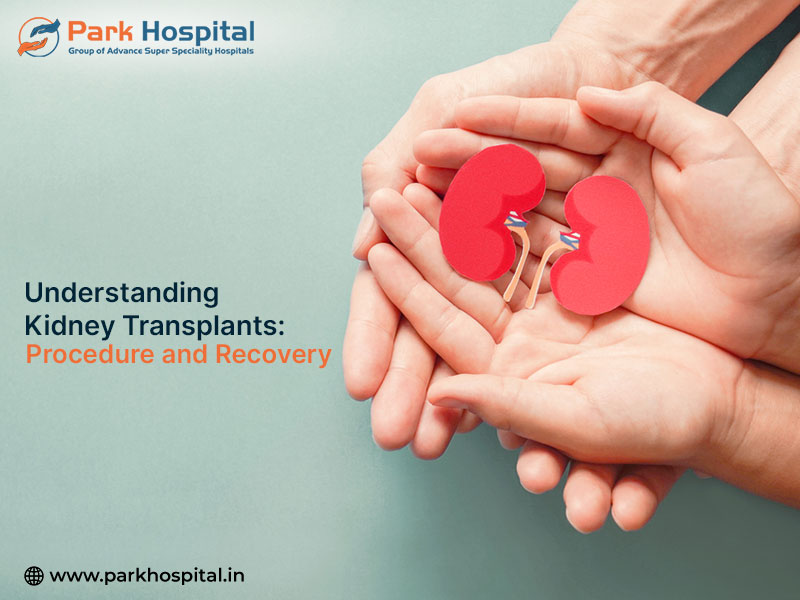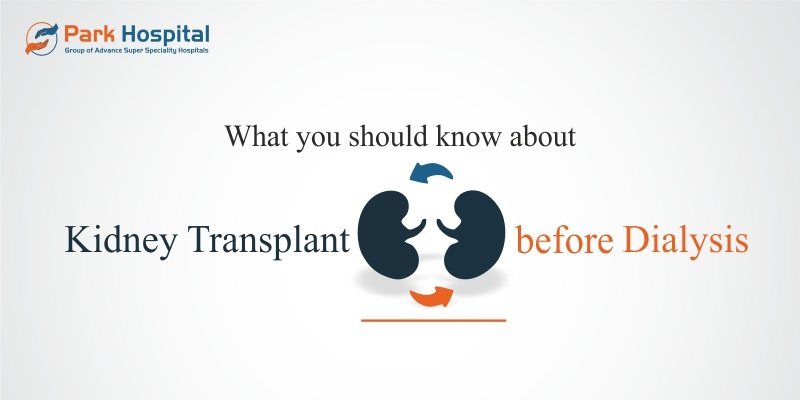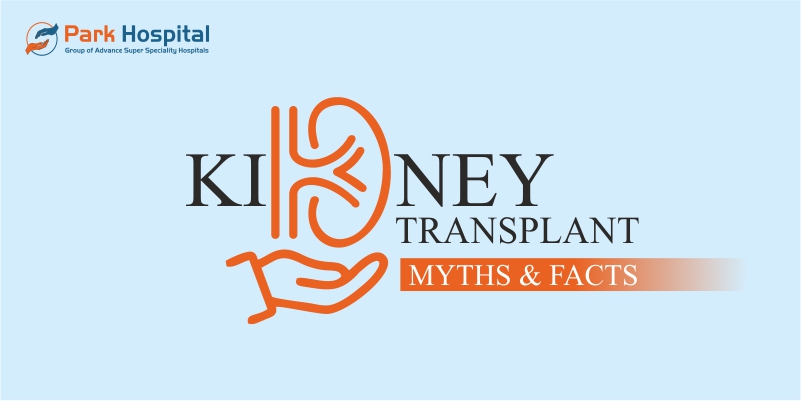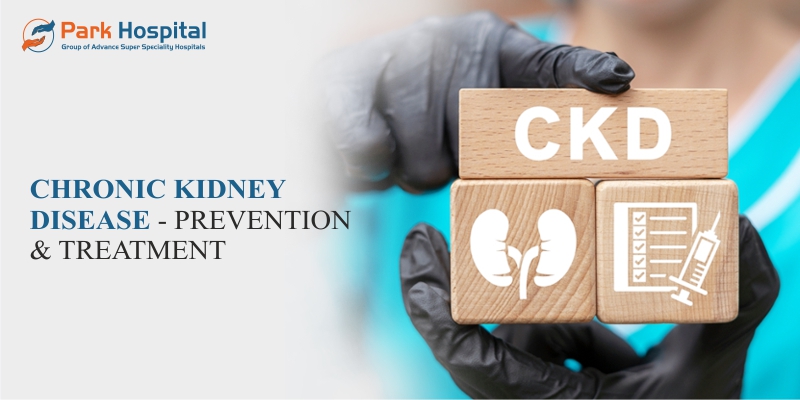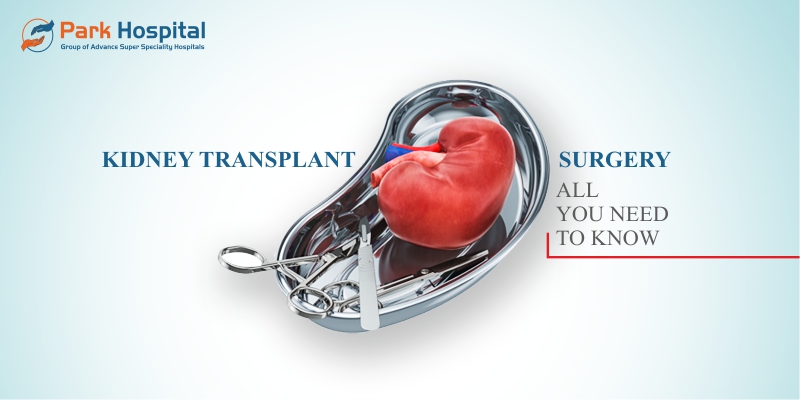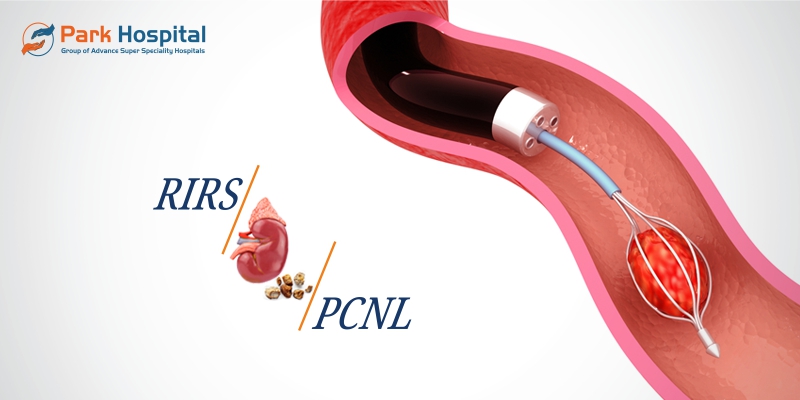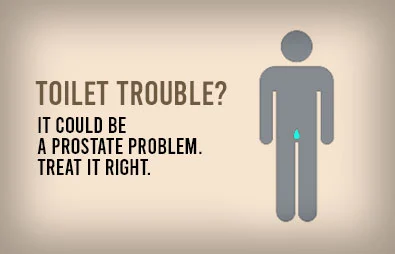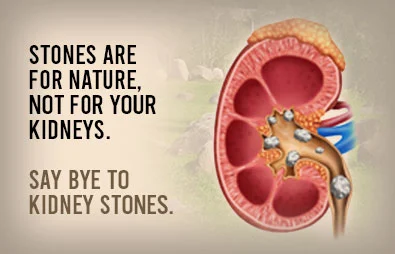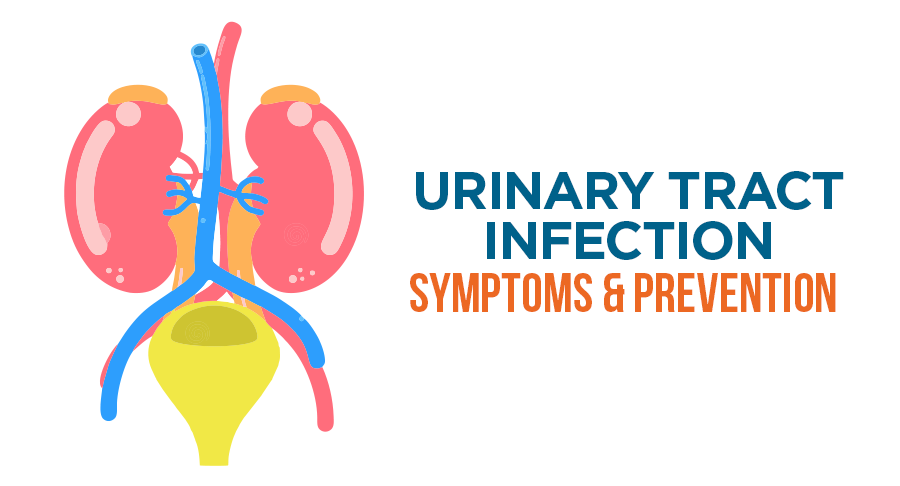Radical Nephrectomy for Kidney Cancer Treatment
Kidney cancer originates in the kidneys - the bean-shaped organs situated side by side with the spine and behind the abdominal organs. Kidney cancer is characterized by its stages of cancer progression. Once a person has been diagnosed with kidney cancer, the doctor will conduct tests to determine the stage or extent of the cancer to plan an appropriate cancer treatment plan. Radical nephrectomy is one such cancer treatment for kidney cancer that may be used for the more advanced stages of kidney cancer.
What is Nephrectomy and Radical Nephrectomy?
‘Nephro’ refers to the kidney and ‘ectomy’ is removal. Nephrectomy is the removal or partial removal of the kidney. Since we are born with two kidneys and require only one good and functioning kidney to live, nephrectomy is a preferred cancer treatment for kidney cancer. Nephrectomy is also a procedure used for transplants or for the treatment of certain kidney diseases.
In the case of the initial stages of kidney cancer, partial nephrectomy may be best suited where the cancer has not spread through the whole kidney and has not affected surrounding tissue. Sometimes the whole kidney may be removed, called nephrectomy when the whole kidney has been affected but not any surrounding tissues. Radical nephrectomy is performed when the cancer has spread a little beyond the cancer. Radical nephrectomy is the surgical removal of the entire kidney and surrounding tissue that include lymph nodes and the adrenal gland.
Procedures for Radical Nephrectomy
There are two main kinds of procedures for radical nephrectomy to be considered. The open surgery consists of one large incision in the abdomen through which the entire kidney is removed. The other method is the minimally invasive laparoscopic procedure that uses a laparoscope that has a small camera at the end that is inserted into the body. Using the camera, the doctor is able to carve out the kidney and tissue that is to be removed. To remove the kidney, an incision is made larger to help pass it through. There is not really a comparison of which procedure is better these days. Both have their applications that the doctor chooses on a case-to-case basis. If a doctor is handling a particularly aggressive or complicated case, they may choose an open procedure to ease the removal of lymph nodes and adrenal glands. There may also be robot-assisted surgery where a robotic instrument is used and operated by a doctor. For the best cancer care services and treatments, Park Group of Hospitals has the best cancer hospital in Gurugram. The kidney cancer hospital has specialized and experienced doctors in nephrectomy and radical nephrectomy.
Risks and Care after Radical Nephrectomy
As with any surgery, there are certain risks involved such as infection and bleeding. The doctor will discuss any specific risks that may be faced on a case-to-case basis depending on overall health and age. To avoid pneumonia, it is not uncommon that your doctor will ask the patient to get up and walk shortly after surgery. This even helps the healing process. The patient will be closely monitored before being discharged for infections and bleeding. You can expect to have a catheter attached to your bladder to collect urine for a period of time.
The patient can expect to get back to normal life in 6-8 weeks. Cancer care services will brief the patient and their caretaker on post-operative care including the handling of the wound and stitches. The best cancer care services and treatments will ensure that they follow up with your healing and have no other side effects from the surgery. The patient will also be asked to visit the kidney cancer hospital for routine checkups. Cancer care service is essential to recovery and healing.
Cancer care services will also advise long-term care to ensure the smooth functioning of the one healthy kidney that you have left. Diet and exercise will become a priority and you will learn how to take extra care of your kidney and understand any sign of kidney disease or abnormality to address problems early on.
Benefits of radical nephrectomy
Do not panic when the doctor suggests that you need radical nephrectomy to treat your kidney cancer. Choose a reputable kidney cancer hospital or the best cancer hospital in Gurugram to ensure you are in the best and most capable hands.
The main thing to understand is that removing the cancer is the priority and if this can be done successfully, you can go on to lead a fulfilling life with a much better survival rate. You need just one good and functioning kidney to have a normal life. With the removal of the cancerous and affected kidney and surrounding tissue, you are immediately improving your survival rate by over 60%. The recurrence of cancer is reduced exponentially.
The procedure is done under general anesthesia and recovery time is within two months of the surgery. Choose a reputable kidney cancer hospital to carry out radical nephrectomy. The best cancer hospital in Gurugram is the Park Group of Hospitals and can provide the best cancer care services and treatment to ensure that the procedure is as successful as is medically possible.
Conclusion
Radical nephrectomy is the surgical removal of the entire kidney along with surrounding tissue like adrenal glands and lymph nodes. Most commonly done for the treatment of kidney cancer or in cases of a kidney transplant, this procedure can be done via open surgery or using a laparoscope. The prognosis for kidney cancer is generally 60-70 percent for survival in consecutive five years.
FAQs
Is radical nephrectomy a safe procedure?
Radical nephrectomy may be performed as an open surgery or using a laparoscope which is minimally invasive. While every surgery comes with the risk of bleeding and infection, radical nephrectomy is a preferred procedure for the treatment of an advanced stage of kidney cancer with survival rates going over 60%
How should one care for a patient after radical nephrectomy?
A patient needs to convalesce for 6-8 weeks after the procedure. Cancer care services will advise on best practices and things to avoid. Painkillers will be prescribed for the beginning period and a catheter may be used to collect urine till the doctor decides to allow the patient to pass urine on their own. Certain symptoms will be explained to look out for which helps the doctor ensure there is no internal bleeding or infection or the onset of post-operative pneumonia.
Will radical nephrectomy be painful?
General anral anesthesia is used to perform radical nephrectomy whether the procedure is an open surgery or a laparoscopic surgery. No pain will be felt during the procedure. Post surgery, pain at the site of the incisions will be experienced. Painkillers are prescribed to help manage this pain.
Can kidney cancer return after radical nephrectomy?
There is always a possibility for cancer to recur. What stage of cancer the patient has during the surgery may also be a good predictor of whether the chances of recurrence is high. The more advanced the stage, the more the chance for recurrence. Nevertheless, radical nephrectomy has a high rate of success since it removes the entire affected kidney and surrounding tissues as opposed to other methods or surgeries that cannot completely remove the affected area.
Can radical nephrectomy cure kidney cancer?
When the kidney cancer is still localized and within the kidney and has not yet spread to other parts of the body, then partial nephrectomy, or radical nephrectomy are surgical procedures that have earned to be successful cures in many cases. Catching the cancer early may be key to curing kidney cancer through nephrectomy.

